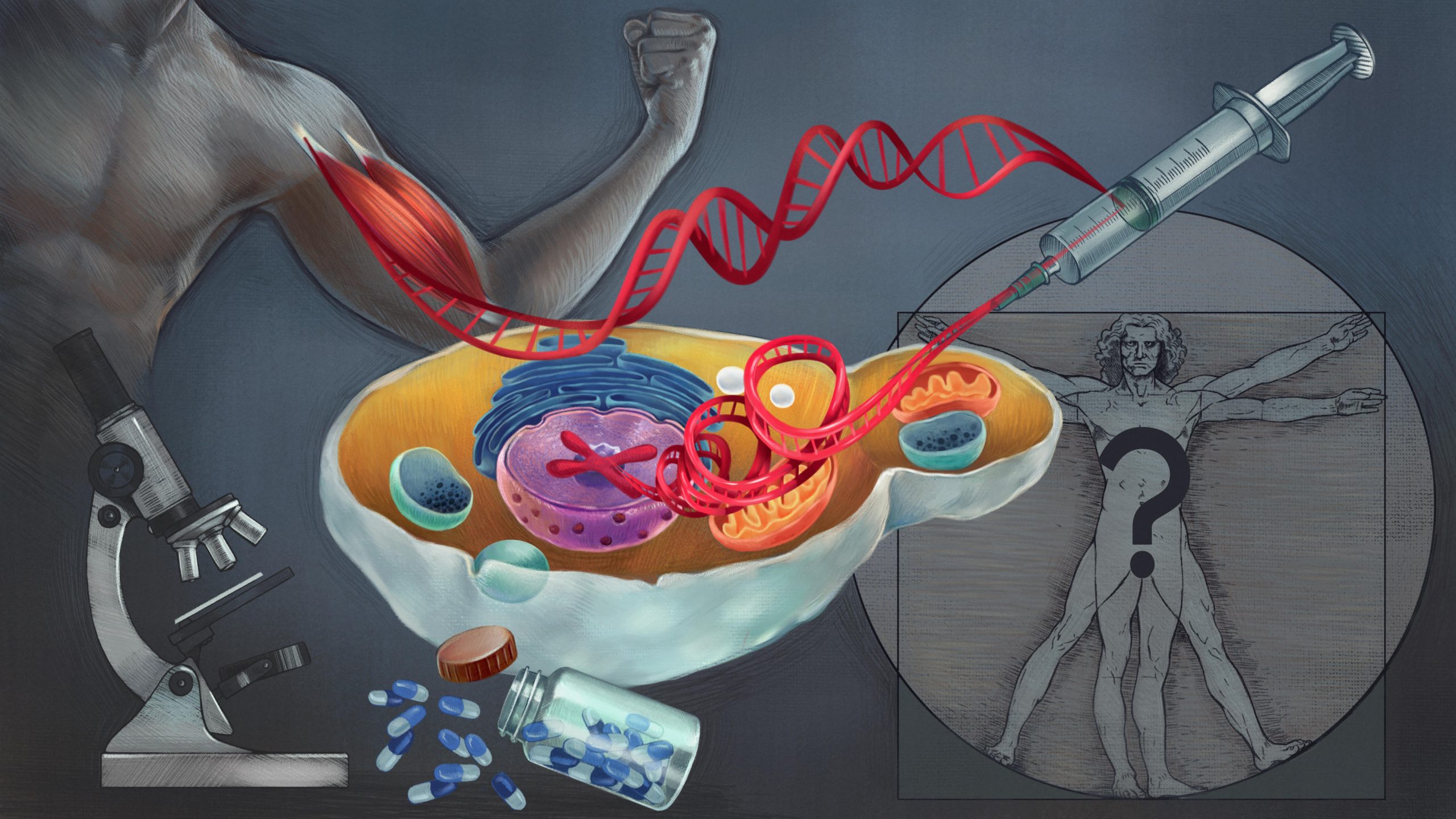
For the first time, scientists have effectively inserted a crucial human characteristic into a yeast cell.
Daran-Lapujade’s lab introduced a characteristic to yeast cells that is regulated by a collection of 10 genes that humans cannot live without; they carry the blueprint for a process known as a metabolic pathway, which breaks down sugar to gather energy and produce cellular building blocks within muscle cells.According to Daran-Lapujade, there are a lot of similarities between yeast and a human being: “It seems weird since yeast lives as single cells and humans consist of a substantially more complex system, but the cells operate in a very similar way.”.As a result, scientists often transfer human genes into yeast.“As compared to human cells or tissues, yeast is a fantastic organism for its simplicity to grow and its genetic accessibility: its DNA can be easily modified to address fundamental questions,” Daran-Lapujade explains.They wanted to test how far they could go with adding several human genes and complete metabolic pathways, and whether the cells could still operate as a whole.
“We didn’t just transplant the human genes into yeast, we also removed the corresponding yeast genes and completely replaced them with the human muscle genes”, Daran-Lapujade explains.“You might think that you cannot exchange the yeast version with the human one, because it’s such a specific and tightly regulated process both in human and yeast cells.
The researchers have worked together with Professor Barbara Bakker’s lab (University Medical Centre Groningen), where they could compare the expression of human genes in yeast and in their native human muscle environment using lab-grown human tissue cells.The properties of human enzymes produced in yeast and in their native human cells were remarkably similar, supporting the value of the new humanized yeast as models for human cells.
This one process is just a small part of the human metabolism; there are many more similar processes between yeast and human cells that could be studied in humanized yeasts.